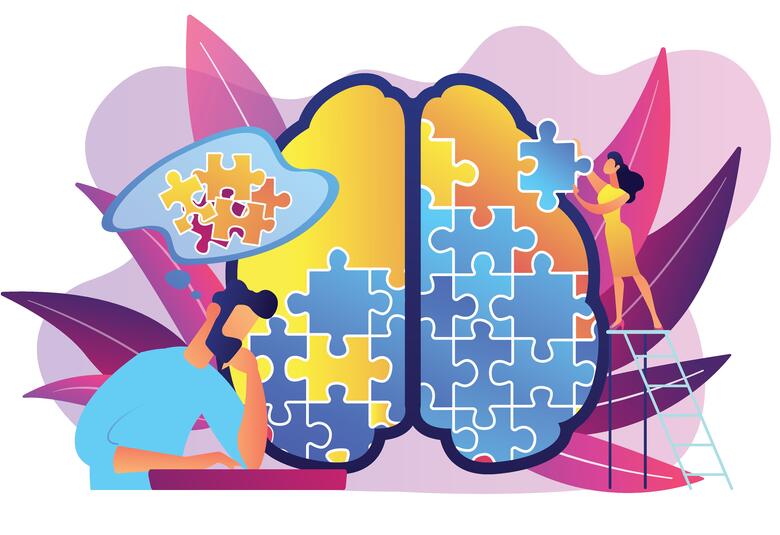
Depression scars both morale and brain - Dr Marcelo Allevato from Rio de Janeiro, Brazil
Patients with depression suffer under a profound cultural as well as personal burden, says Dr Marcelo Allevato, of Rio de Janeiro, Brazil, where Dr Allevato is an Invited Professor of the Catholic University and also works with the National Cancer Institute.
Why is it so hard for patients to achieve sustained remission?
Every episode leaves a scar, both biochemical and behavioural. And it is difficult for patients to cope with these two dimensions and regain the level of functioning they had before the first episode.
Depression is a progressive neurodevelopmental or even neurodegenerative disease. Every episode leaves a scar, both biochemical and behavioural. And it is difficult for patients to cope with these two dimensions and regain the level of functioning they had before the first episode.
Then there is the fact that many patients don’t understand that depression is a disease not a weakness. And their self-blame is reinforced by the prejudices of society. So there is a huge cultural – as well as personal – burden. And that can contribute to poor adherence with medication. If you think the problem lies in your being weak or lazy, there is no point taking drugs. And there is no incentive to seek psychological support either.
Patients seek medical help only after a major depressive episode, when their disease has in fact probably been present for months or years before that. And during this time without treatment, patients’ work performance and affective relationships with their family and friends have suffered.
Do you think that cognitive dysfunction can trigger a new depressive episode?
Patients probably don’t realise that they are suffering cognitive deficits even in the period that precedes depression, or that this contributes to underachievement and to the fact that the expectations of family and friends go unfulfilled. So cognitive dysfunction predisposes to the first episode of MDD.
Persistence of cognitive dysfunction can also predispose to subsequent episodes – partly because the consequences contribute to low self-esteem. And the fact that you can’t express your feelings for others feeds guilt and isolation.
There are effects both on morale and on biology. Being severely unhappy is neurotoxic. Underachieving is neurotoxic. So is being cognitively compromised.
There are effects both on morale and on biology. Being severely unhappy is neurotoxic. Underachieving is neurotoxic. So is being cognitively compromised.
The disease modifies behaviour in a negative way. And the negative behaviour leads to poor interaction with the environment, and that in turn exacerbates the disease. So we have a vicious circle.
Can today’s treatments help depressed patients with cognitive dysfunction?
Cognitive dysfunction isn’t considered central to depression by lay people, and even some doctors don’t consider it a key feature. Their thinking is that if you resolve the affective dimension of the disease, the cognitive symptoms will vanish. We now know that this is not true.
Or at least, while it may be true for “hot” cognition, i.e. cognition with an affective dimension – it is not true for the “cold” cognition comprised by attention, speed of processing, working memory and the executive function that is essential to our survival in a complex environment.
There are several treatment strategies for addressing cognitive dysfunction. We have the possibility of cognitive training alone or combining with antidepressant treatment. The majority of antidepressants are effective on the affective aspect of depression and cognition, but some drugs are also effective in terms of aspects of cold cognition.


